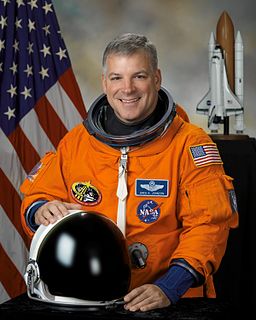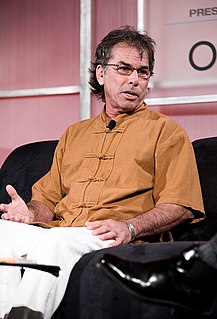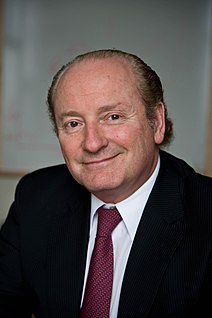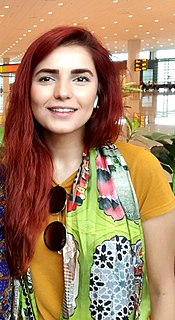A Quote by Gregory H. Johnson
I progressed through my schooling, undergraduate and graduate degrees, excited about math and science and engineering, but really didn't think about being an astronaut at that point. It was kind of unreachable.
Related Quotes
The most important steps that I followed were studying math and science in school. I was always interested in physics and astronomy and chemistry and I continued to study those subjects through high school and college on into graduate school. That's what prepared me for being an astronaut; it actually gave me the qualifications to be selected to be an astronaut.
Shiv Nadar University has five schools with 16 departments offering 14 undergraduate, 10 master's and 13 doctoral programmes. The demand for engineering courses - computer science, engineering, electronics, communication engineering, mechanical engineering - is slightly on the higher side compared to other engineering courses.
I wanted to be a scientist. My undergraduate degree is in biology, and I really did think I might go off and be some kind of a lady Darwin someplace. It turned out that I'm really awful at science and that I have no gift for actually doing science myself. But I'm very interested in others who practice science and in the stories of science.
Fashion is not just about what we wear, but...fashion is also a business. It is an art, it's a career that involves science, engineering, accounting and so much more. People can learn about the math behind Charles James' designs, and think, 'Maybe I should pay closer attention to geometry this semester'
I fear - as far as I can tell - that most undergraduate degrees in computer science these days are basically Java vocational training. I've heard complaints from even mighty Stanford University with its illustrious faculty that basically the undergraduate computer science program is little more than Java certification.
My two Jamaican cousins ... were studying engineering. 'That's where the money is,' Mom advised. ... I was to be an engineering major, despite my allergy to science and math. ... Those who preceded me at CCNY include the polio vaccine discoverer, Dr. Jonas Salk ... and eight Nobel Prize winners. ... In class, I stumbled through math, fumbled through physics, and did reasonably well in, and even enjoyed, geology. All I ever looked forward to was ROTC.
Autobiographical comments on his original reason for going to the City College of New York, where he shortly turned to his military career.
































